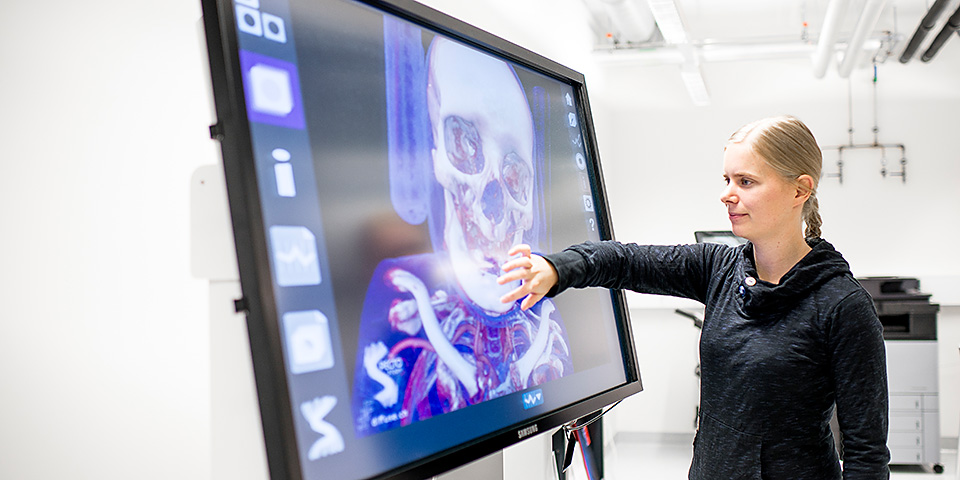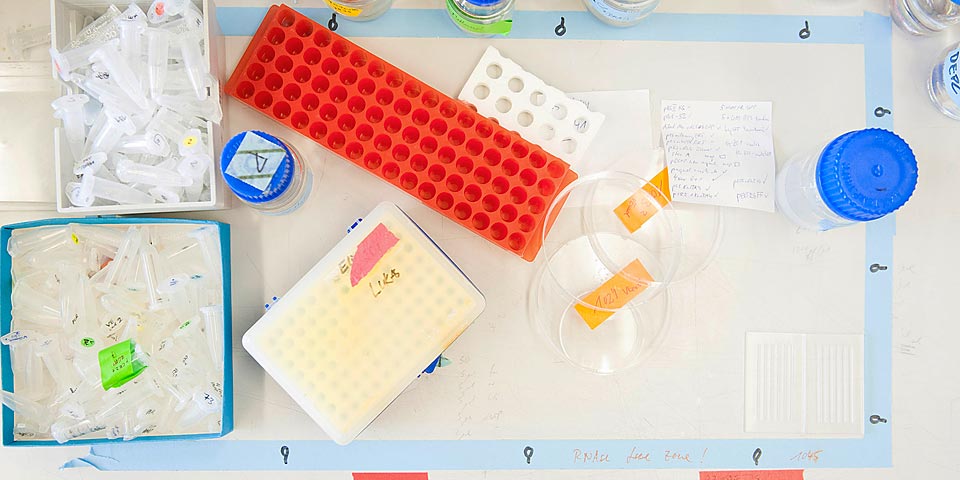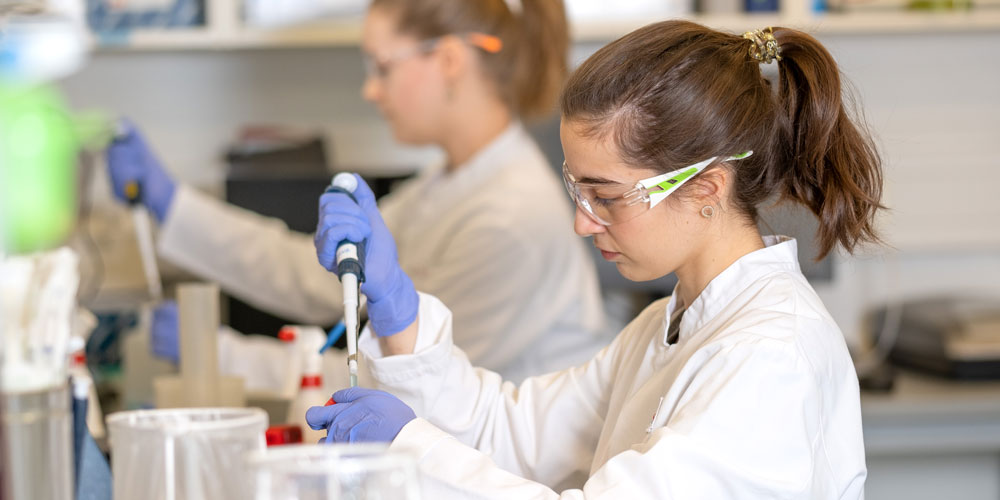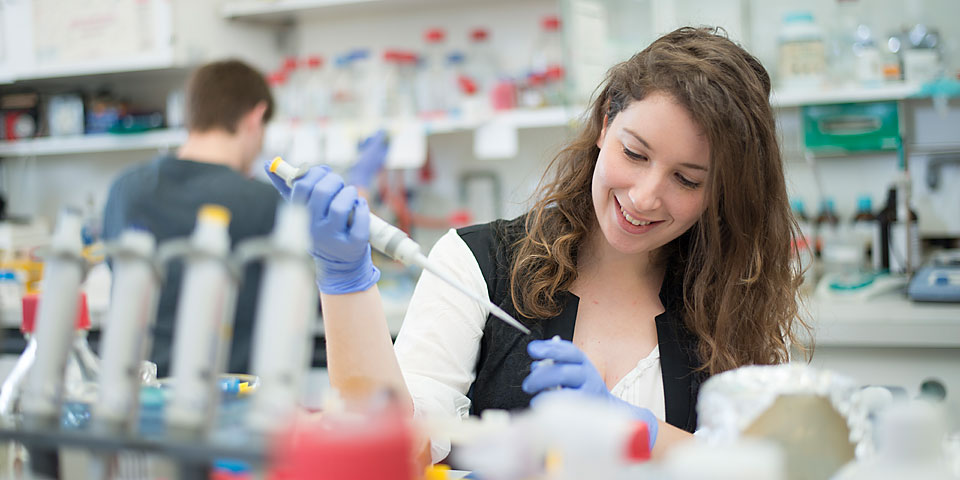Biomedical Engineering Degree: Master
Biomedical Engineering is a rapidly emerging discipline that applies engineering tools and methods to medical diagnostics and treatment. The students pursuing our program can specialize in a broad range of subdisciplines, including implants and regenerative technologies, image acquisition and therapies, computer- and robot-assisted medicine, or on diagnostic and therapeutic technologies. Such interdisciplinary education on medical devices for diagnostic and therapeutic interventions, gives our students in a privileged position develop a career in a thriving academic and industrial environment.

Overview
- Type
- Course of studies
- Degree
- Master
- Start of program
- Fall semester
- Structure
- 1 course
- Duration of study
- 4 Semester
- Credits
- 120
- Language
- English
- Responsible faculty
- Medizinische Fakultät
Requirements
Study regulations
Information on admission:
www.unibas.ch/admission
Dates & Deadlines
This Joint Degree Master in Biomedical Engineering is offered by the School of Life Sciences of the University of Applied Sciences and Arts Northwestern Switzerland (FHNW) and the Medical Faculty of the University of Basel. The program takes place on site at the School of Life Sciences in Muttenz and at the University Campuses in Allschwil and Basel.
The contents of the first semester of this program strongly depends on the students’ individual background. Thus, students with a medical background undergo a deep dive into basic engineering courses. Inversely, students with an engineering/natural science backgrounds are exposed to the fundamentals of human medicine. In parallel to this tailored education, early fundamentals of biomedical engineering are introduced.
The second semester of this program deepens the general biomedical engineering skills and knowledge up to the master’s level and sets a focus to one of two study tracks: either Medical System Engineering or Biomaterials Science and Engineering. This is accompanied by a wide range of elective modules of biomedical engineering.
During the third semester, the tracks progress towards our specialization foci, including Computer- and Robot-Assisted Medicine, Image Acquisition and Analysis, Diagnostic and Therapeutic Technologies, and Implants and Regenerative Technologies. All specializations are complemented with a wide range of elective courses. The third semester culminates with hands-on training in the form of a semester thesis, lab sessions and practical training. As a result, our students acquire the required skillset to move forward towards the Master’s Thesis in the last semester.
Thus, the fourth semester is devoted to the Master’s Thesis, whereby the students work independently on a scientific project of their choice, supervised by our Professors. The Thesis culminates with a public defense.
Students graduating within this program will obtain a joint degree as «Master of Science in Biomedical Engineering».
Related Links and Downloads
Research Findings and Scientific Developments
Are you interested in current scientific developments and research findings in this field? On the research websites, you will find numerous publications by researchers from the University of Basel. This resource offers valuable insights and helps you get to know a subject area better–both as an orientation aid and as an accompanying source of information during your studies.
Discover publications and research areas now



